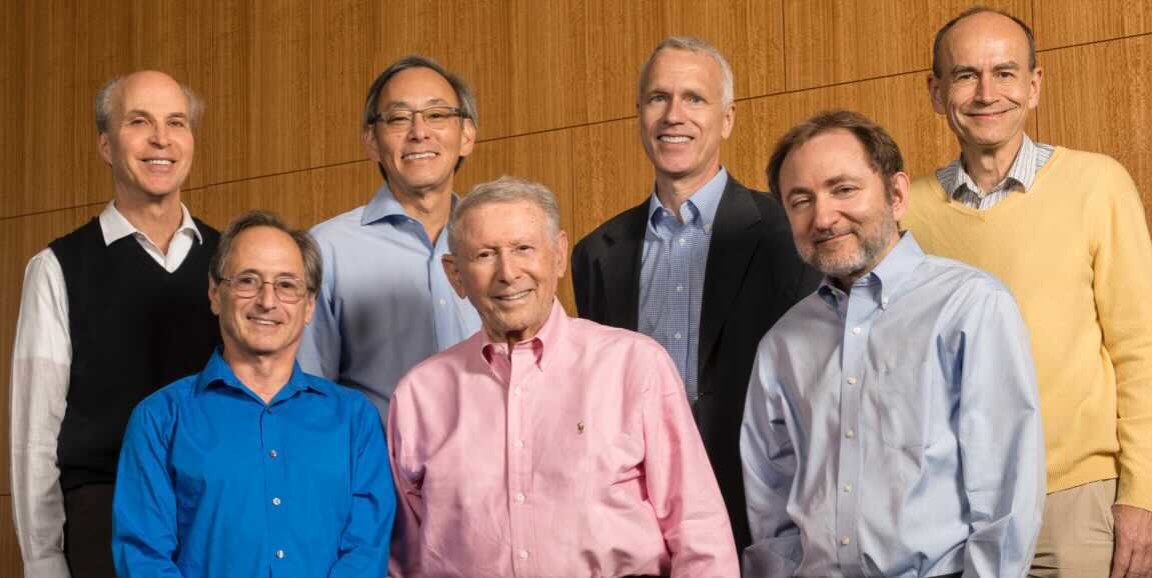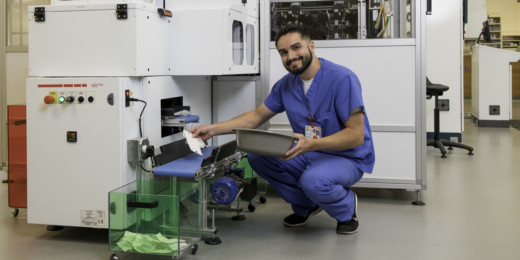On the West Coast, the Nobel Prize is announced at 2:30 a.m., and on that morning, all sorts of wild and wonderful chaos ensues for the newly minted winners.
It's hardly something one can prepare for, but I spoke with some of Stanford Medicine's Nobel laureates and asked them to think back to that fateful eve. What advice would they give to future Nobel winners? How has winning the most prestigious prize in science changed their careers and lives?
Scientists, take heed. Here's what three of our laureates, Steven Chu, PhD, professor of molecular and cellular physiology and of physics (Nobel Prize in Physics, 1997); Andrew Fire, PhD, professor of genetics and of pathology (Nobel Prize in Medicine, 2006); and Roger Kornberg, PhD, professor of structural biology (Nobel Prize in Chemistry, 2006) had to say:

Is there something that you wish you had known upon receiving the call from Stockholm?
Fire: Get dressed quickly.
Kornberg: Because the prize is unexpected, I could not be prepared like the winner of an Oscar with a list of those to thank in the telephone interview with the Nobel Foundation immediately following the announcement, and I did not remember everyone.
Chu: Be prepared to be sleep-deprived for the next week.
What's your best advice to early career researchers entering the field now?
Kornberg: Pursue knowledge for its own sake, with no thought of recognition or reward.
What's the biggest way in which your life has changed since winning the Nobel?
Fire: Winning the Nobel doesn't mean that every grant is going to get approved. You shouldn't be able to convince somebody that something is true just because you have the Nobel. What it does mean is that if you have something you want to say, people will listen.
Choose one tip to give to new laureates.

Chu: Understand the most fundamental aspects of your research so deeply that you can explain it simply and correctly to anyone. And, know that you are much more in the public eye than before -- resist the urge to speak before becoming well-informed.
Top photo: Stanford Medicine Nobel laureates, from left, Roger Kornberg, Michael Levitt, Steven Chu, Paul Berg, Brian Kobilka, Andrew Fire, Thomas Sudhof.
Credit: Steve Fisch




